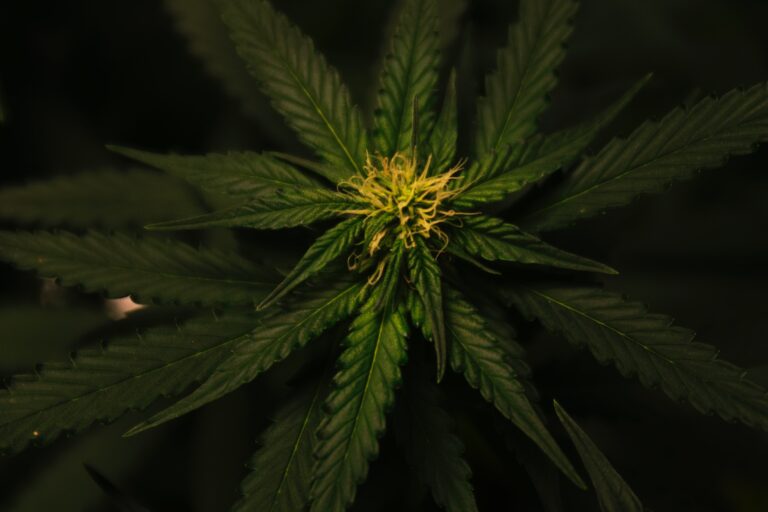Is cannabis legal in New Jersey, United States?
In February 2021, New Jersey Governor Phil Murphy signed legislation legalizing adult-use cannabis in the state. However, it is essential to note that this does not mean marijuana is readily available for purchase. While the legislation has been signed, it will take some time for the state to set up the necessary regulatory infrastructure and licensing for cannabis businesses. In the meantime, possession and use of marijuana for adults aged 21 and older are legal.
What is the public opinion on cannabis in New Jersey, United States?
Public opinion on cannabis in New Jersey has shifted significantly over the years. A majority of New Jersey residents now support cannabis legalization, as evidenced by the November 2020 ballot referendum. In that election, over 67% of voters approved a constitutional amendment to legalize adult-use marijuana. This widespread support for cannabis legalization reflects a broader trend of changing attitudes towards marijuana in the United States.
What are the laws, penalties, and law enforcement regarding cannabis in New Jersey, United States?
With the passage of the adult-use cannabis legislation, the laws and penalties surrounding marijuana in New Jersey have changed. Here are some key points to keep in mind:
- Adults aged 21 and older can legally possess up to six ounces of marijuana.
- Consumption of marijuana is allowed in private residences, but not in public spaces or while operating a vehicle.
- Driving under the influence of marijuana remains illegal and can result in significant penalties, including fines, license suspension, and even imprisonment.
- Selling marijuana without a proper license remains illegal and can result in severe penalties, including imprisonment.
Law enforcement agencies in New Jersey are expected to adapt their practices to reflect the new legal status of marijuana. However, it is crucial to remain aware of and adhere to the specific regulations surrounding cannabis use in the state.
What is marijuana called in New Jersey, United States?
Marijuana is commonly referred to by several names, including weed, pot, cannabis, and Mary Jane. These terms are used interchangeably in New Jersey and throughout the United States.
What is the legal status of CBD in New Jersey, United States?
CBD, or cannabidiol, is a non-psychoactive compound found in cannabis plants. In New Jersey, CBD products derived from hemp containing less than 0.3% THC are legal for purchase and consumption. These products can be found in various forms, such as oils, edibles, and topicals. It is essential to ensure that any CBD product you purchase meets the state’s legal requirements.
Is medical marijuana allowed in New Jersey, United States?
Yes, medical marijuana is allowed in New Jersey. The state has a medical marijuana program in place since 2010. Patients with qualifying medical conditions can obtain a medical marijuana card, which allows them to purchase cannabis from state-licensed dispensaries. Some of the qualifying conditions include cancer, glaucoma, multiple sclerosis, chronic pain, and post-traumatic stress disorder (PTSD).
Can I grow marijuana in New Jersey, United States?
Currently, growing marijuana for personal use remains illegal in New Jersey, even for medical marijuana patients. The new adult-use cannabis legislation does not include provisions for home cultivation. However, this could change in the future as the state develops its regulatory framework for the cannabis industry.
What are the government laws and resources regarding cannabis in New Jersey, United States?
For the most up-to-date information on cannabis laws and regulations in New Jersey, it is best to consult the following resources:
- New Jersey Office of the Governor – Marijuana
- New Jersey Department of Health – Medical Marijuana Program
- New Jersey State Constitution (See Article IV, Section VII, Paragraph 13 for the constitutional amendment on cannabis)
As the state continues to develop its cannabis industry, additional resources and information will likely become available. It is essential to stay informed about the latest developments and comply with all applicable laws and regulations.
